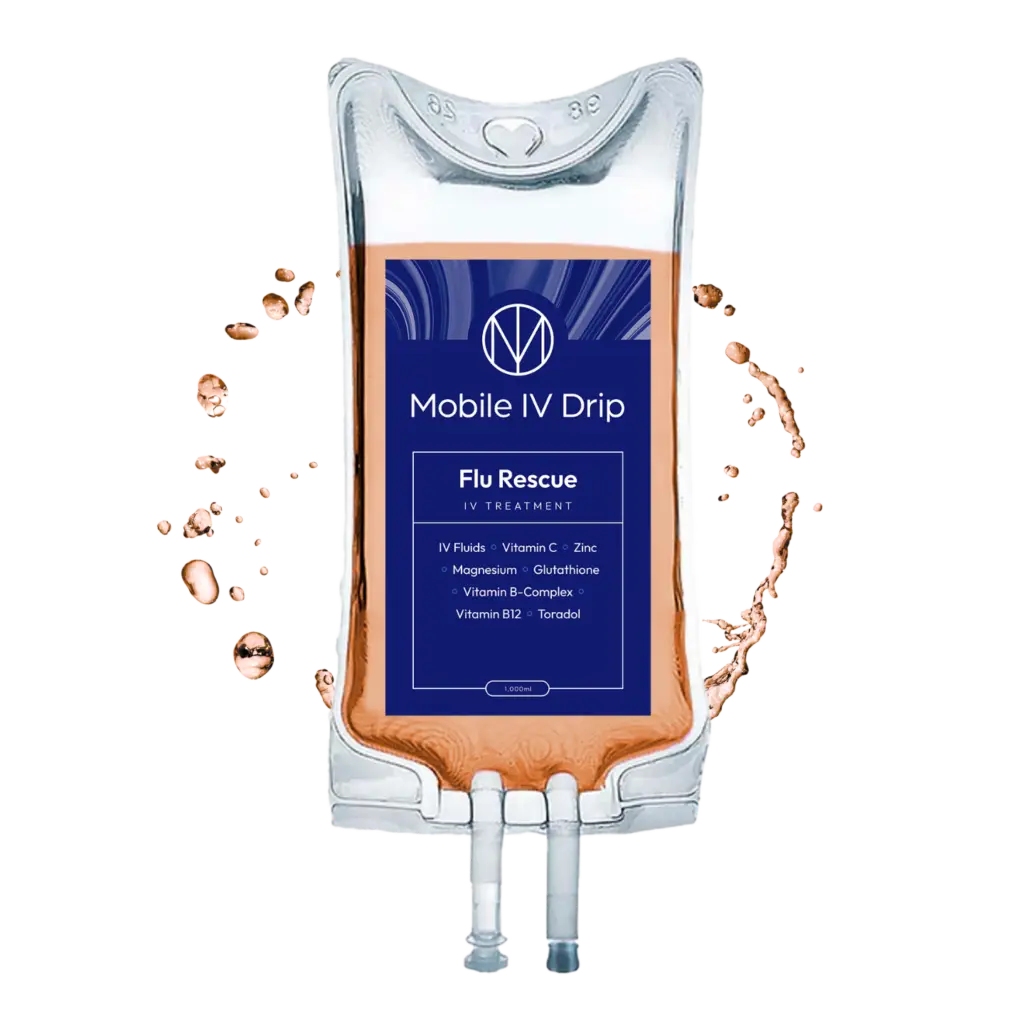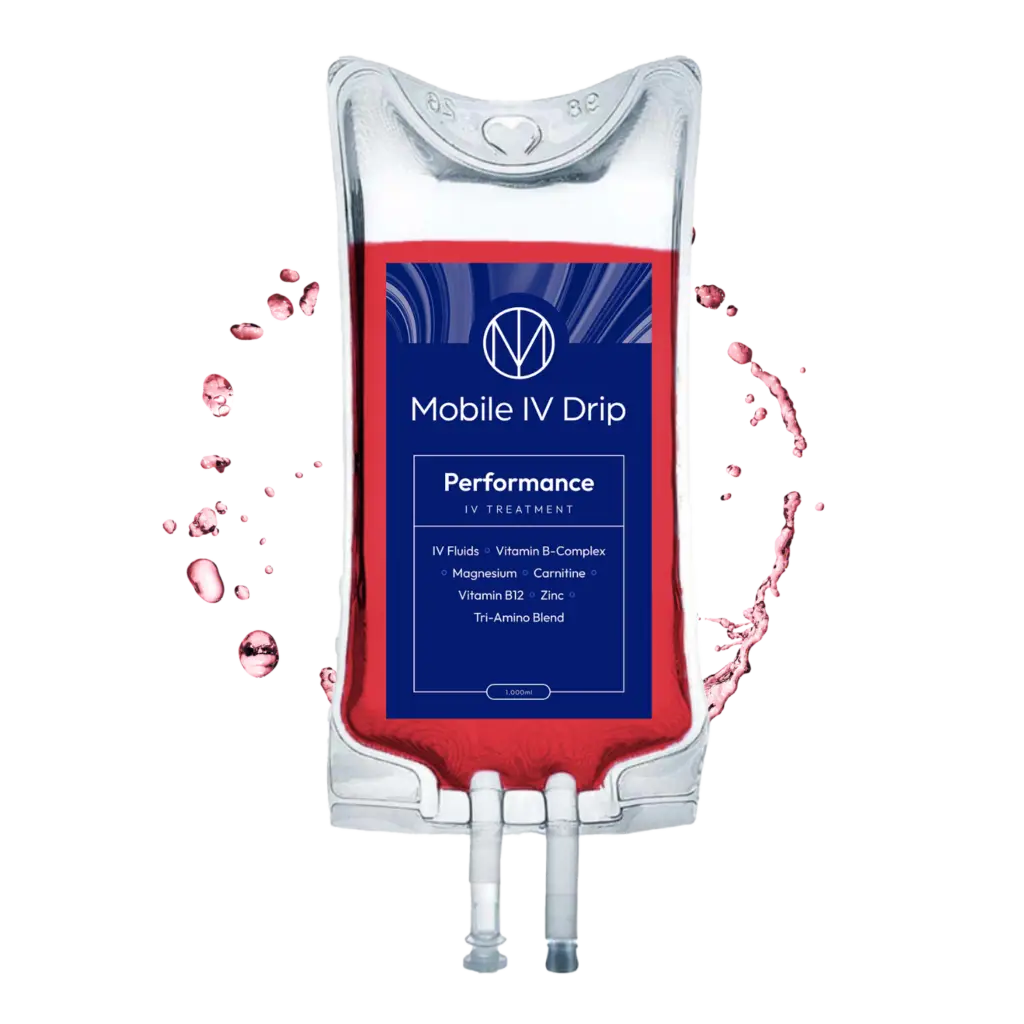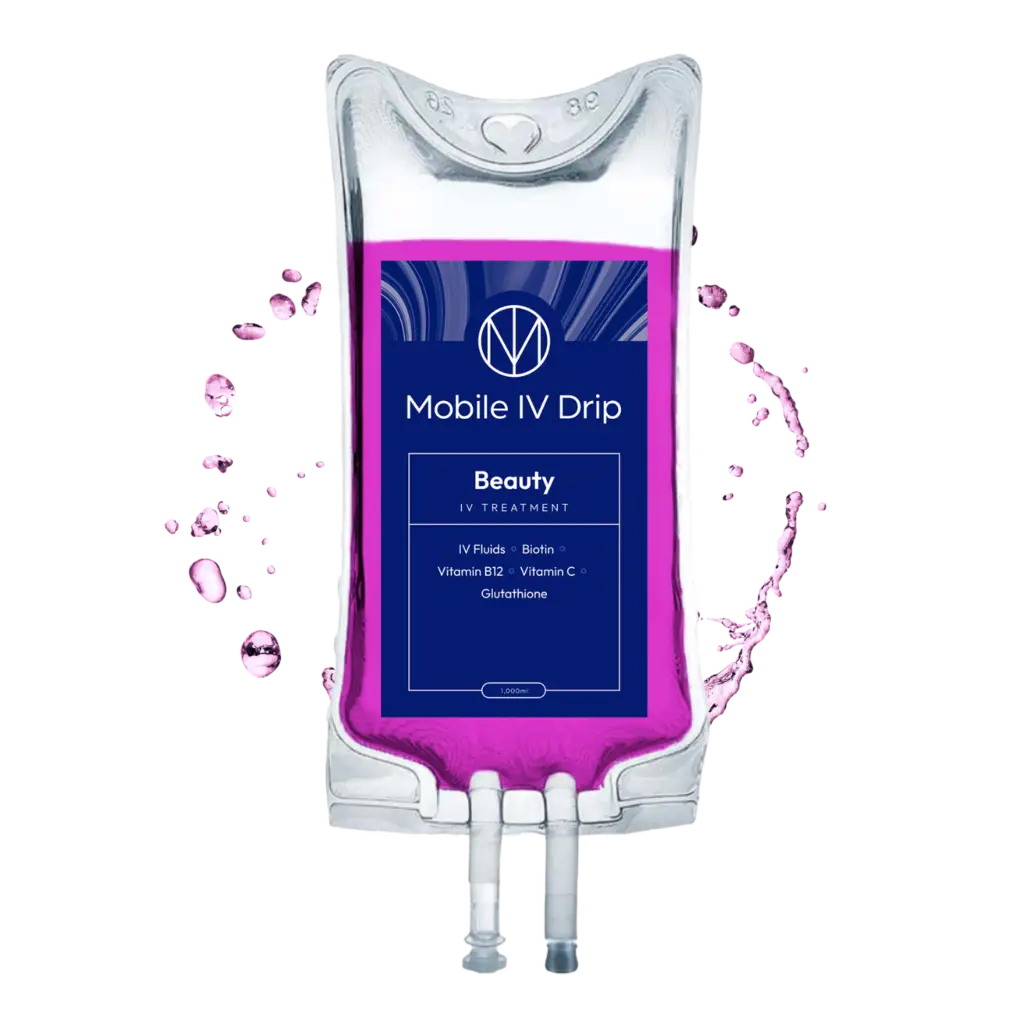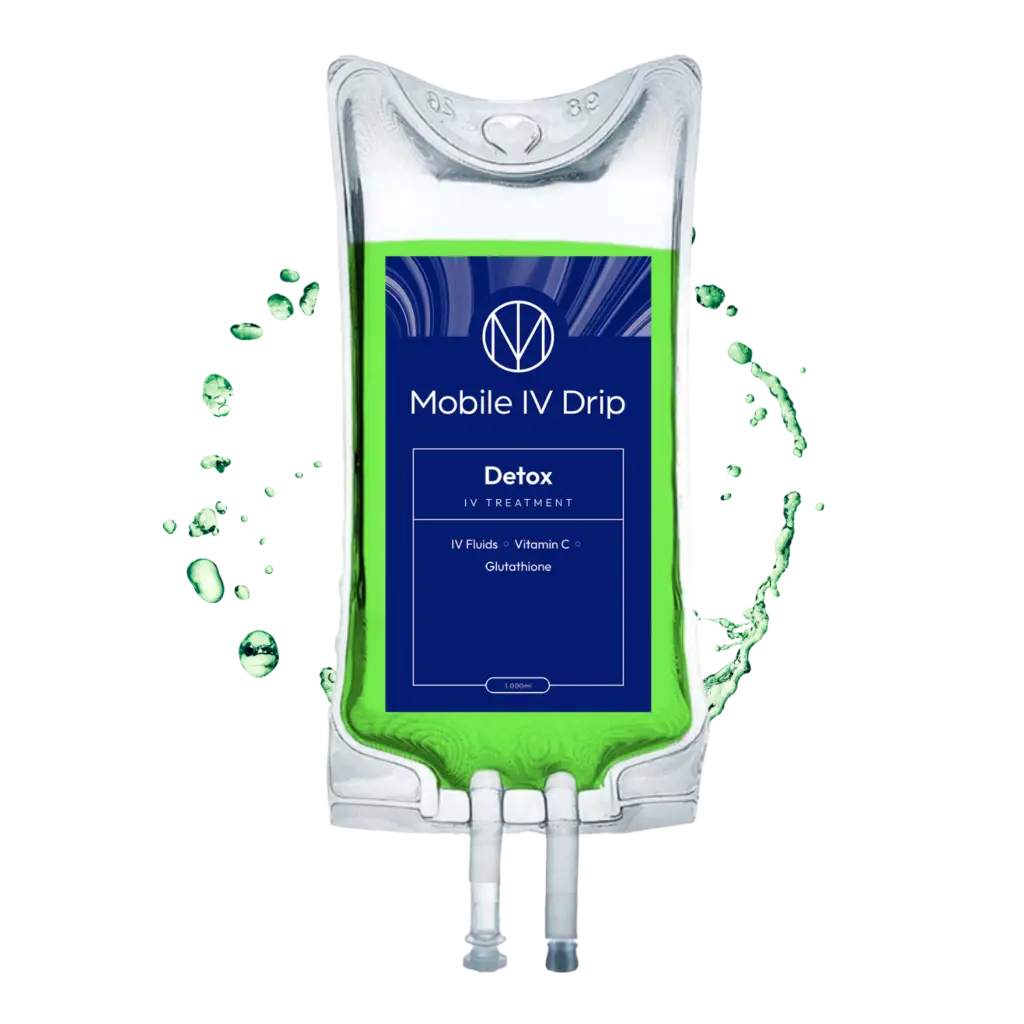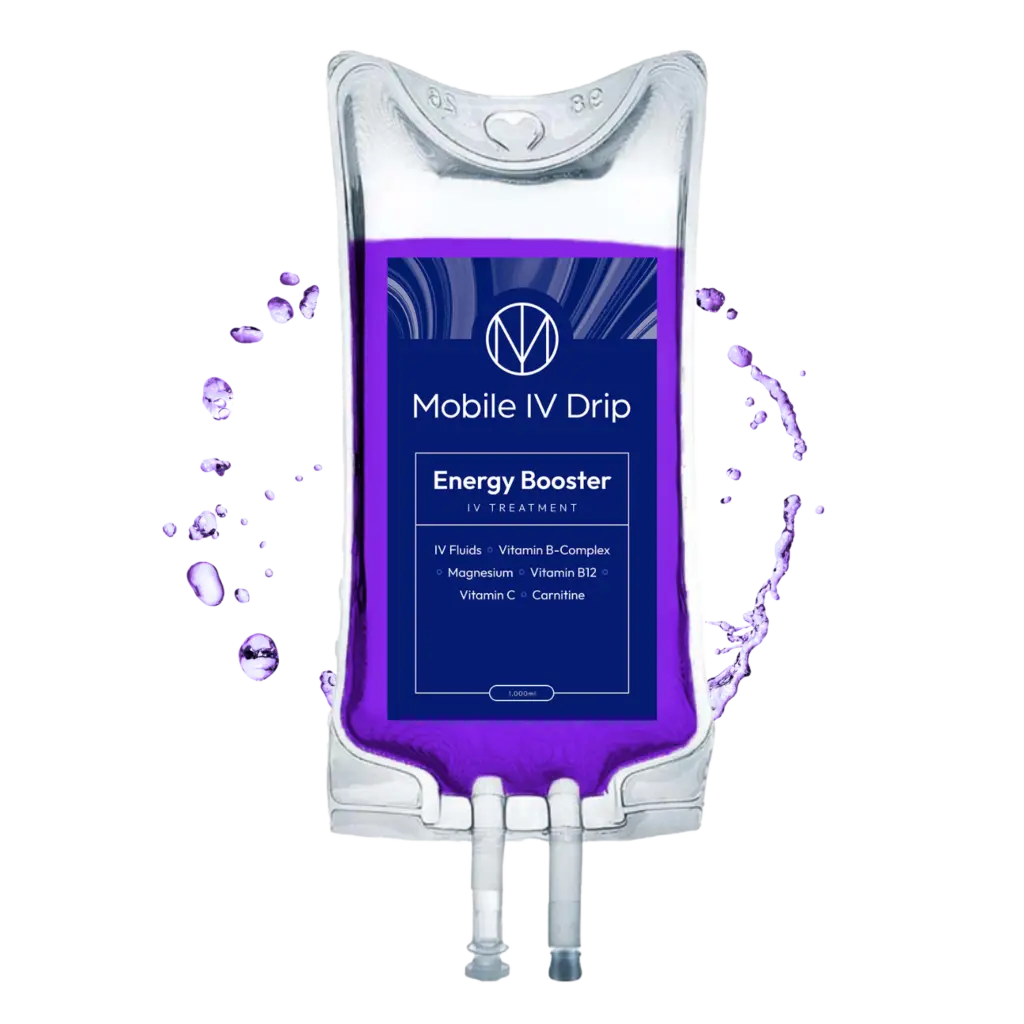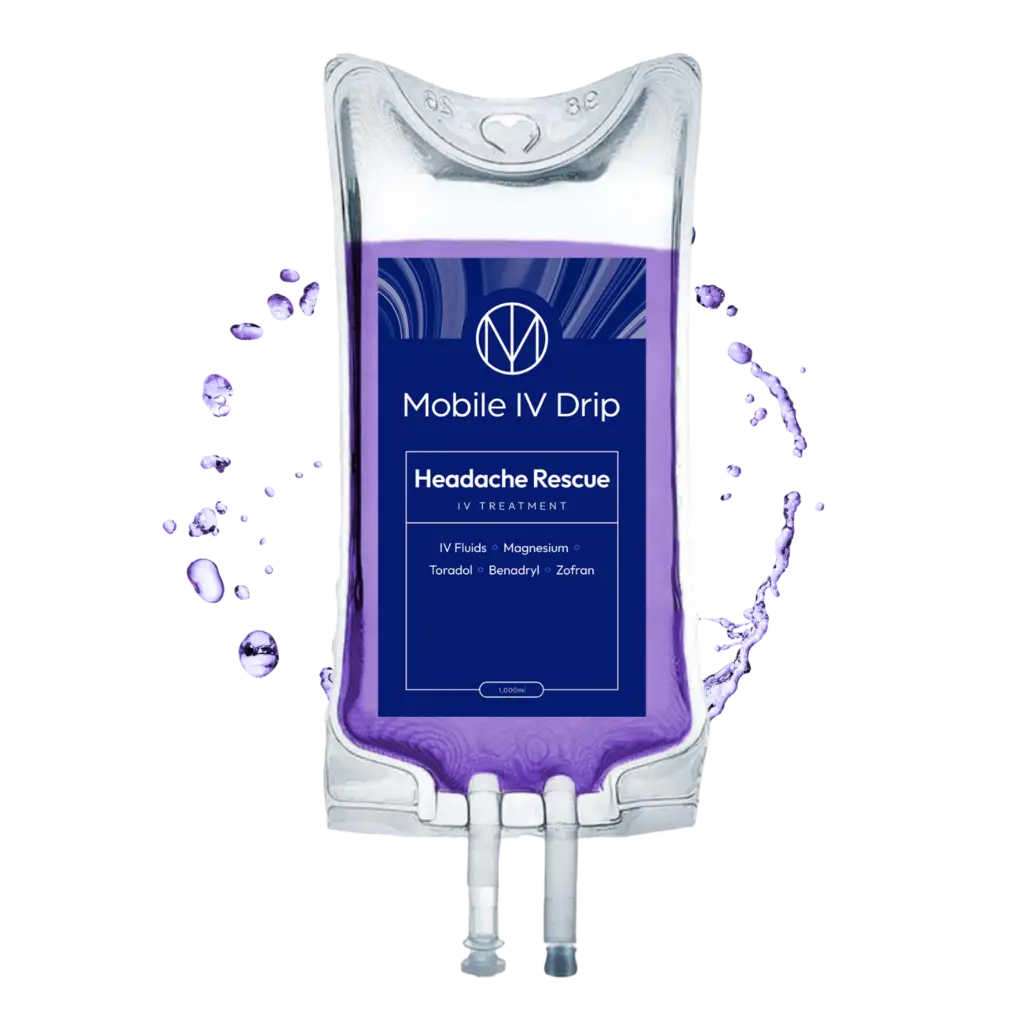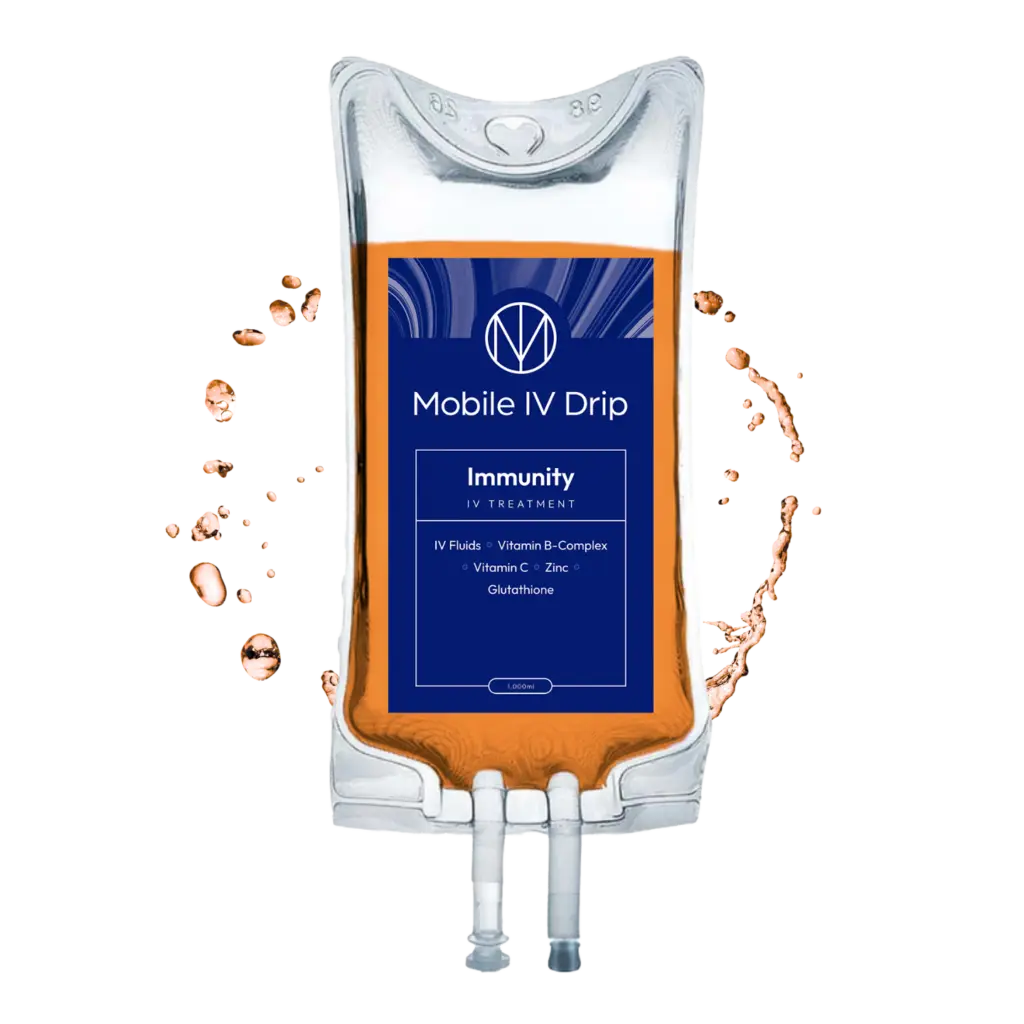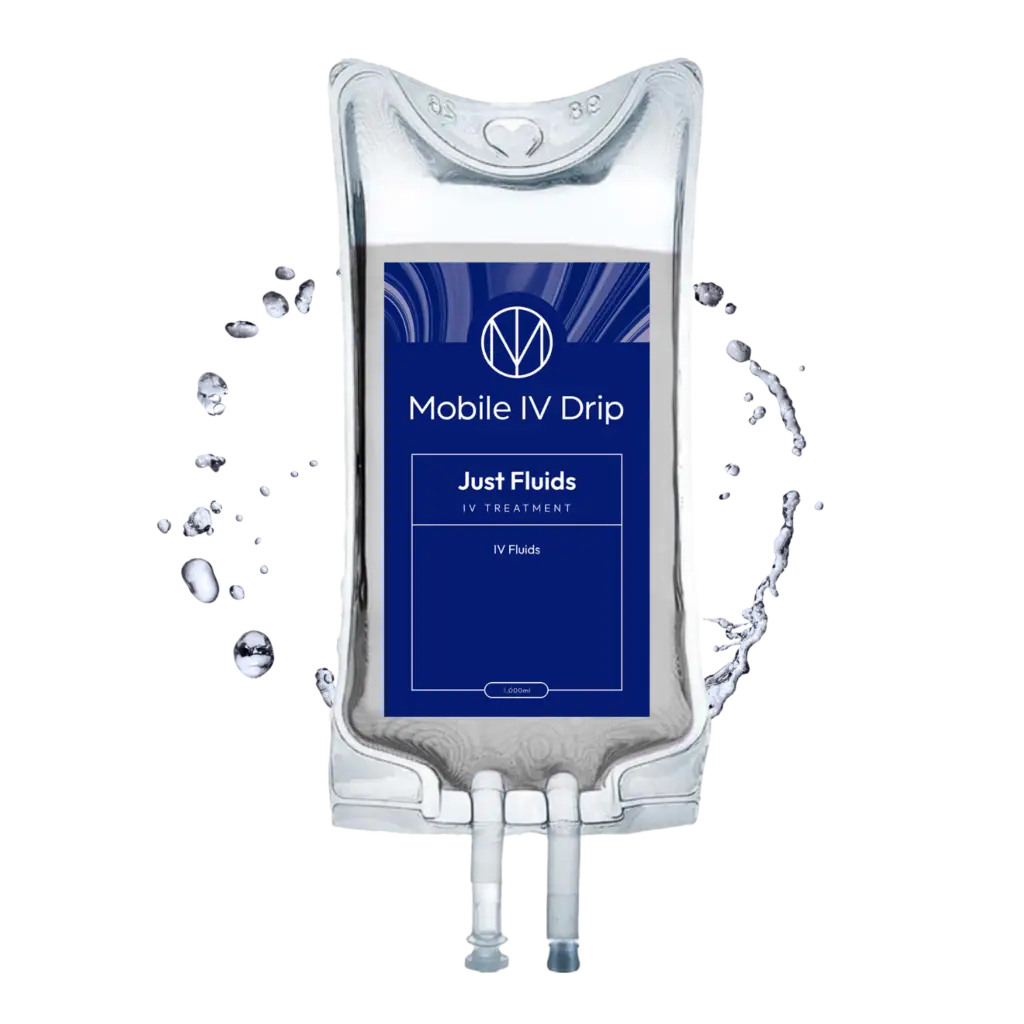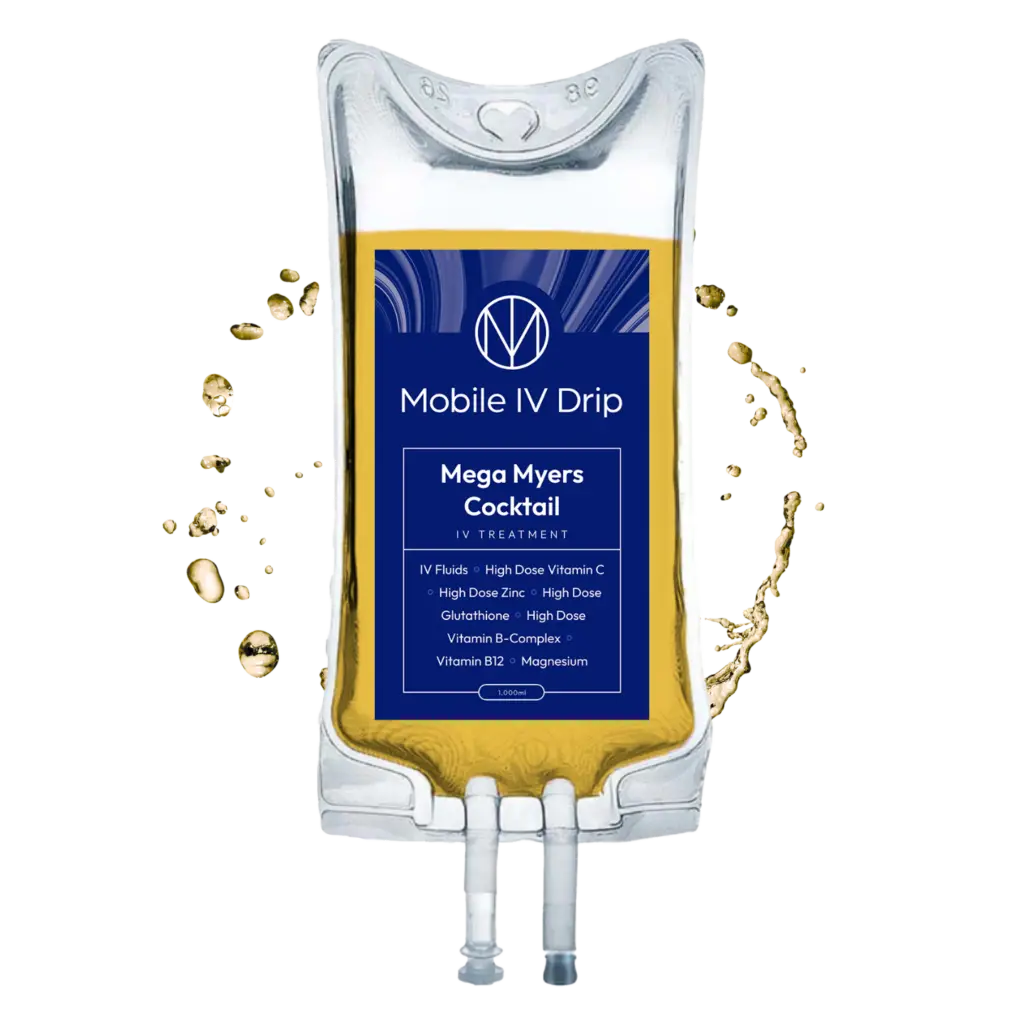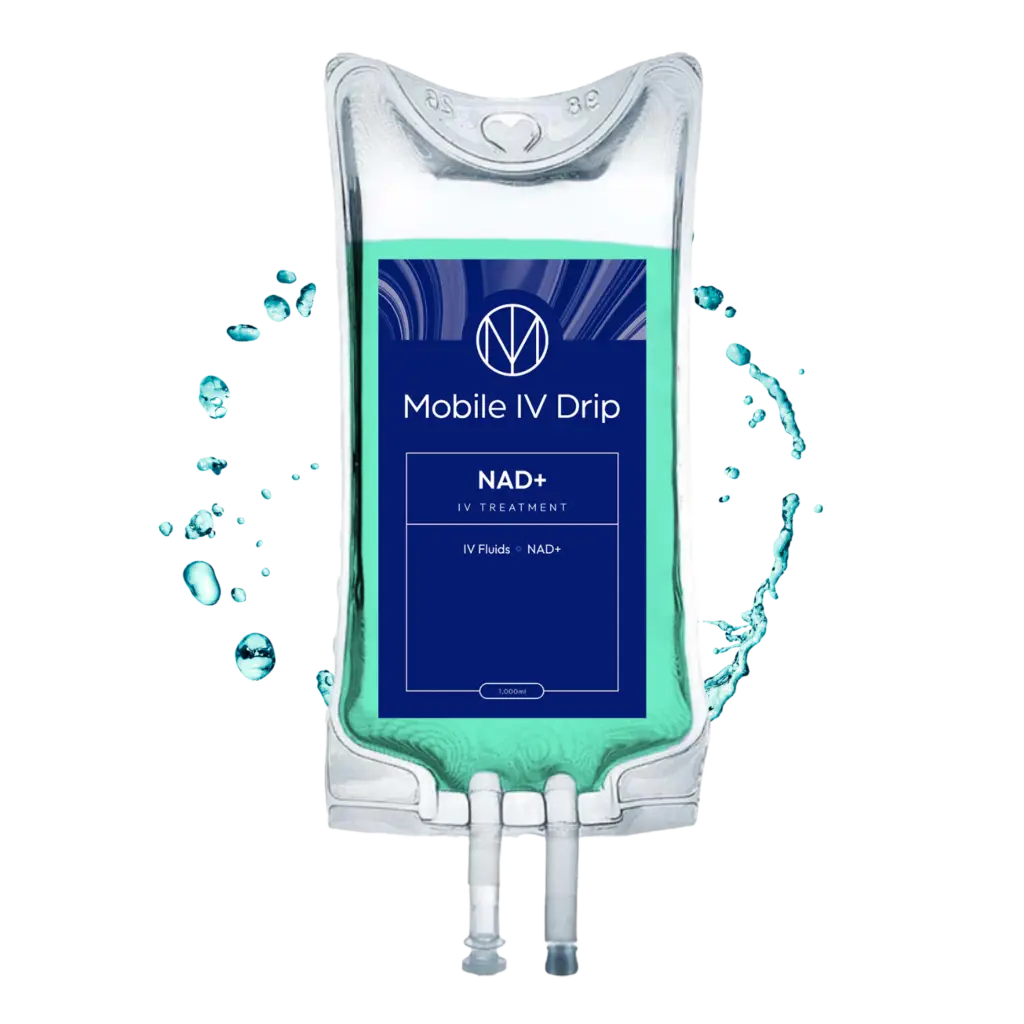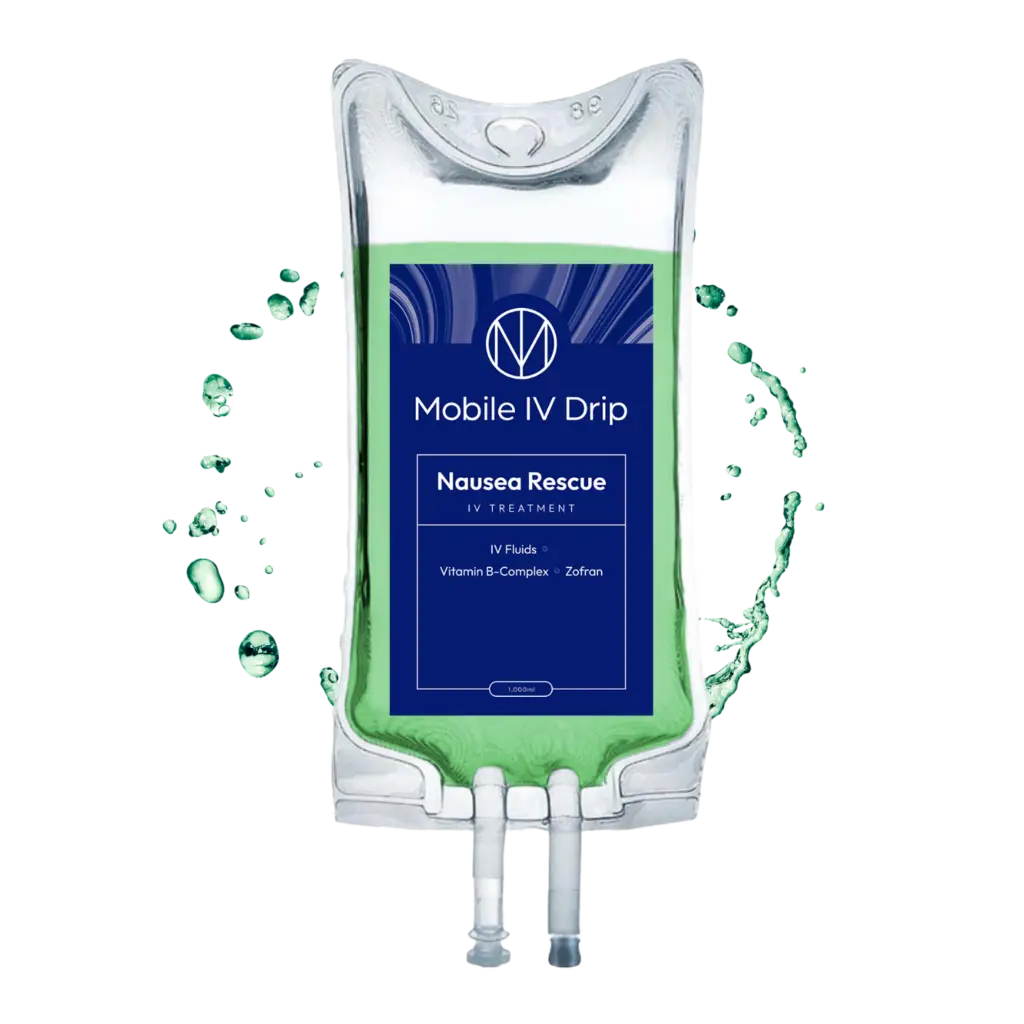Migraines are more than just bad headaches. They can be debilitating, affecting an individual’s ability to function normally due to intense, throbbing pain, light sensitivity, nausea, and more. While many over-the-counter and prescription medications are available, some sufferers have found relief through an alternative treatment: IV therapy. But does IV therapy for migraines work?
Understanding Migraines and Their Triggers
Migraines are complex neurological conditions triggered by various factors, including stress, dehydration, hormonal changes, poor diet, weather changes, and even certain smells or sounds. A migraine can last anywhere from four hours to several days, severely impacting the quality of life.
The exact cause of migraines isn’t completely understood, but many believe they result from abnormal brain activity momentarily affecting nerve signals, chemicals, and blood vessels. Traditional treatments often focus on symptom management using pain relievers, anti-inflammatory drugs, and prescription medications like triptans or beta-blockers.
What is IV Therapy?
IV (intravenous) therapy involves administering fluids, vitamins, minerals, and medications directly into the bloodstream. It has long been used in hospitals to treat dehydration and deliver medications quickly to patients. In recent years, IV therapy has become popular outside of medical settings, with wellness clinics offering IV drip treatments to address various health concerns, including hangovers, immune support, and, more recently, migraines.
The idea behind IV therapy for migraine relief is simple: by delivering hydration, electrolytes, vitamins, and medications directly into the bloodstream, the body can absorb these elements faster than through oral ingestion, potentially providing quicker relief.
How IV Therapy May Help Relieve Migraines
Hydration
Dehydration is a well-known trigger for migraines. Even mild dehydration can cause headaches and exacerbate migraine symptoms. When dehydrated, your brain can temporarily contract, leading to increased pressure on nerves and pain.
IV hydration therapy replenishes the body’s fluids quickly, helping to restore the balance of electrolytes like sodium, potassium, and magnesium, which play a part in proper nerve function and muscle contraction. This fast-acting hydration can prevent or relieve migraines triggered by dehydration, making it a key component of many migraine-targeted IV treatments.
Electrolytes and Minerals
Electrolyte imbalances, particularly magnesium deficiency, have been linked to the onset of migraines. Magnesium is essential for nerve function and regulating muscle contractions. Studies have shown that people who suffer from frequent migraines often have lower magnesium levels in their blood, and supplementing with magnesium can reduce the frequency and intensity of attacks.
IV therapy often includes magnesium sulfate, which can help relax blood vessels, reduce inflammation, and decrease the intensity of migraine pain. Additionally, potassium, another essential electrolyte, helps maintain proper hydration and nerve function, possibly relieving migraine symptoms.
Vitamins for Migraine Relief
Several vitamins play a role in neurological health, and these vitamin deficiencies may contribute to migraine development. The most common vitamins included in migraine IV therapy include:
- Vitamin B Complex: B vitamins, especially B2 (riboflavin) and B12, have been studied for their potential to reduce migraine frequency. Riboflavin has been shown to help with energy production in brain cells, which may be impaired in migraine sufferers.
- Vitamin C: Known for boosting immunity, Vitamin C also acts as an antioxidant, which can lessen inflammation associated with migraines.
- Vitamin D: Including vitamin D in IV therapy could potentially help reduce the occurrence of migraines, especially in individuals with a deficiency.
Medications Delivered Intravenously
In addition to vitamins and hydration, medications commonly used to treat migraines can also be delivered via IV for faster relief. Common migraine medications included in IV therapy are:
- Nonsteroidal Anti-Inflammatory Drugs (NSAIDs): Medications like ketorolac (Toradol) can be delivered through IV to reduce inflammation and pain.
- Anti-nausea Medications: Nausea and vomiting are well known symptoms during a migraine. IV therapy may include anti-nausea medications like metoclopramide or ondansetron to alleviate these symptoms quickly.
- Pain Relievers: Intravenous pain relievers, such as lidocaine, can provide relief from the intense pain linked to migraines. In some cases, opioids may be used, but this is generally a last resort due to the risk of dependency.
Rapid Absorption for Fast Relief
One advantage of IV treatment for migraines is the speed of absorption. Taking medication orally must go through the digestive system before entering the bloodstream, which can take time. IV bypasses the digestive system, allowing fluids, vitamins, and medications to enter the bloodstream, providing relief much faster than oral treatments.
Is IV Therapy Effective for Migraine Relief?
While there is promising anecdotal evidence and some clinical support for using IV therapy to treat migraines, more large-scale studies are needed to fully understand its effectiveness. Many patients report feeling better within an hour of receiving IV treatment.
That said, IV therapy may not be a cure for everyone. It is most effective for migraines triggered by dehydration, vitamin deficiencies, or electrolyte imbalances. People with chronic migraines or those caused by other underlying conditions may still need to rely on traditional treatments alongside IV therapy.
Conclusion
IV therapy offers a potential alternative for migraine sufferers looking for quick, effective relief. By replenishing fluids, balancing electrolytes, and delivering essential vitamins and medications into the bloodstream, IV can help relieve migraine symptoms more quickly than oral treatments. While it may not be a cure-all, it’s a valuable tool for those looking to manage their migraines more effectively. If you’re a chronic migraine sufferer, speak to your healthcare provider about whether IV therapy might be a good option for you.









